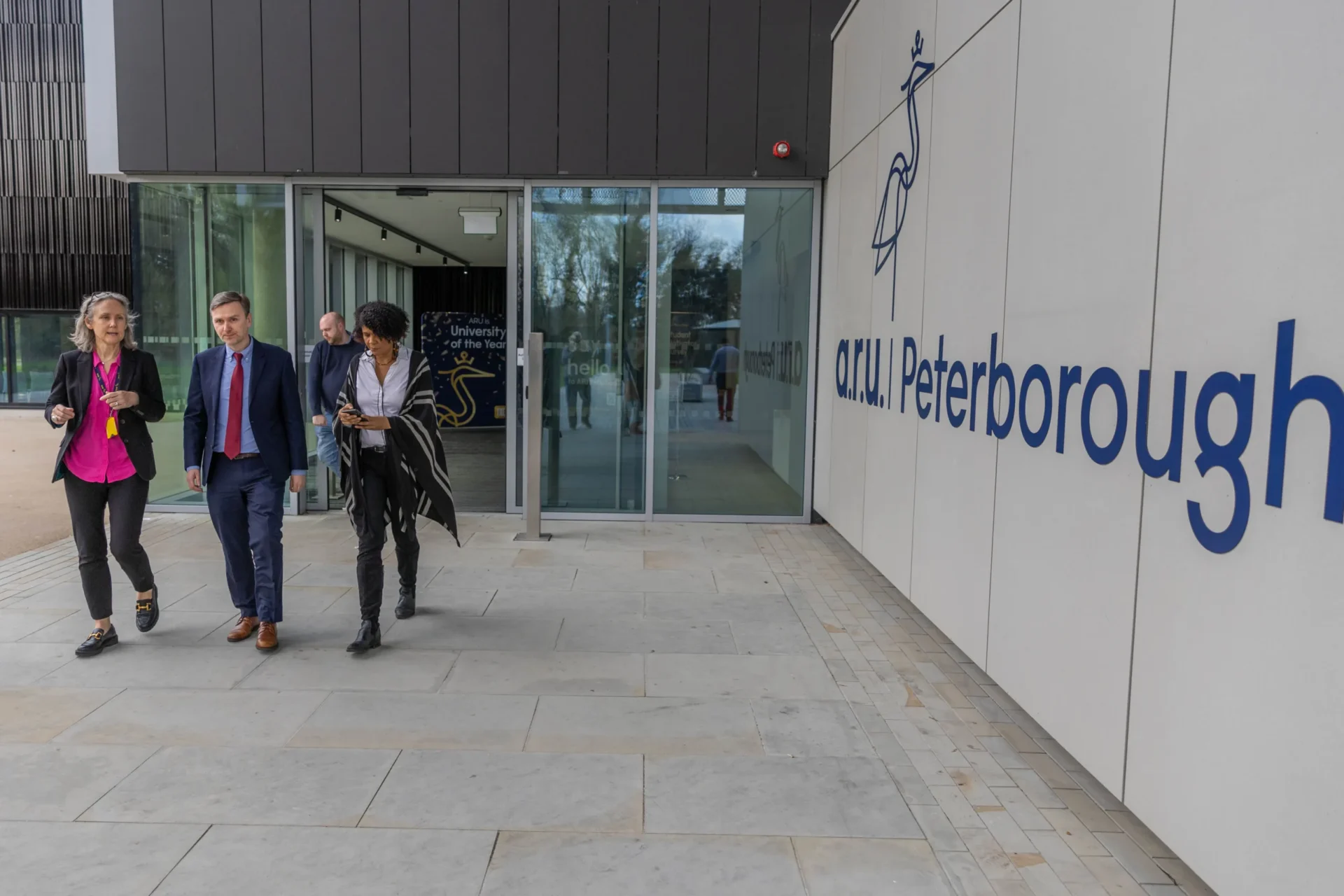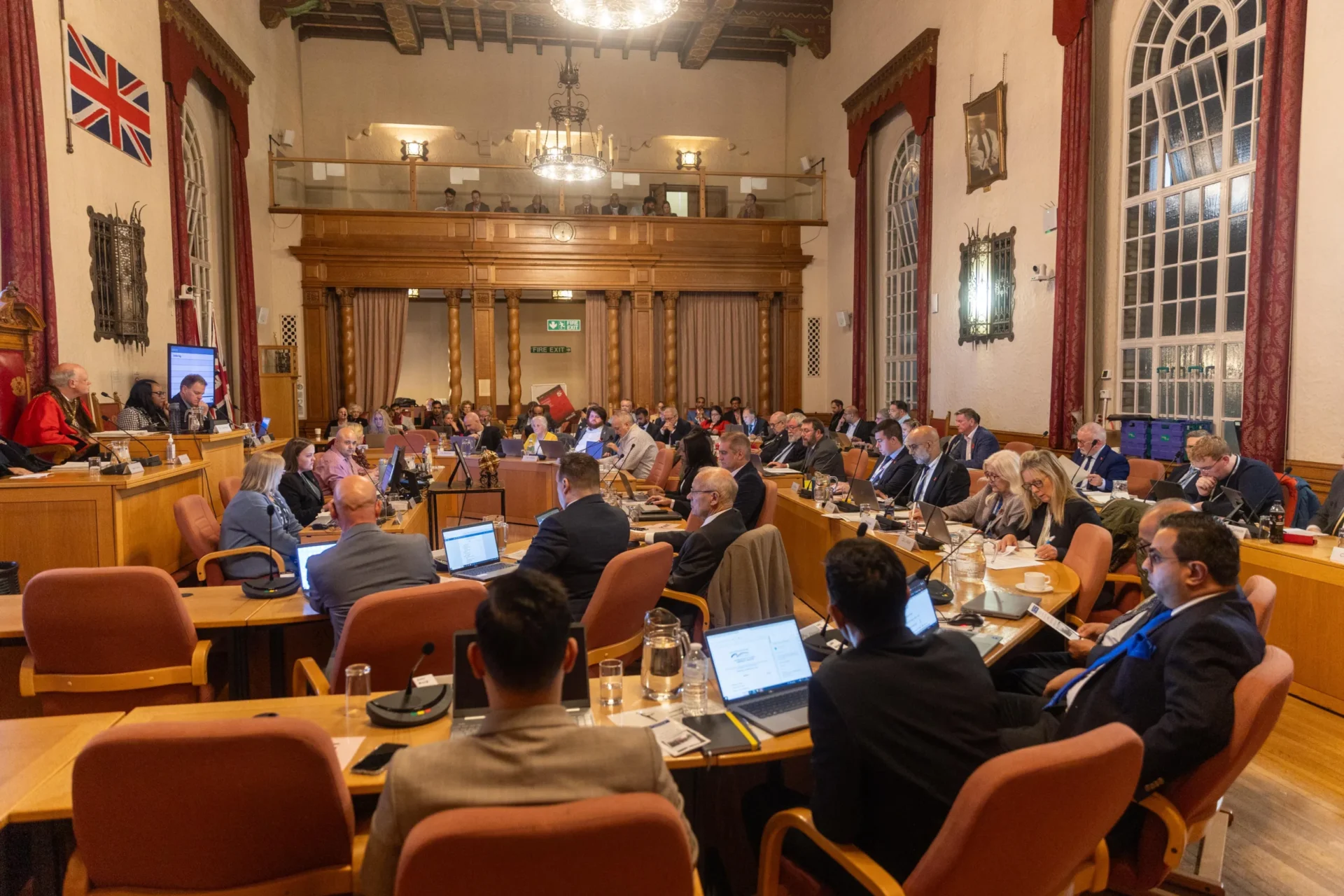More money needs to be found to tackle the impact of climate change on our roads, says county council highways chief Cllr Alex Beckett.
Cllr Alex Beckett, chair of the highways and transport and committee at Cambridgeshire County Council, believes more investment is needed investment “as we are not getting the funds from government to address these important highway issues”.
The county council says that following the cold spell at the end of last year, and more intense periods of rain, more and more damage is being caused to our roads.
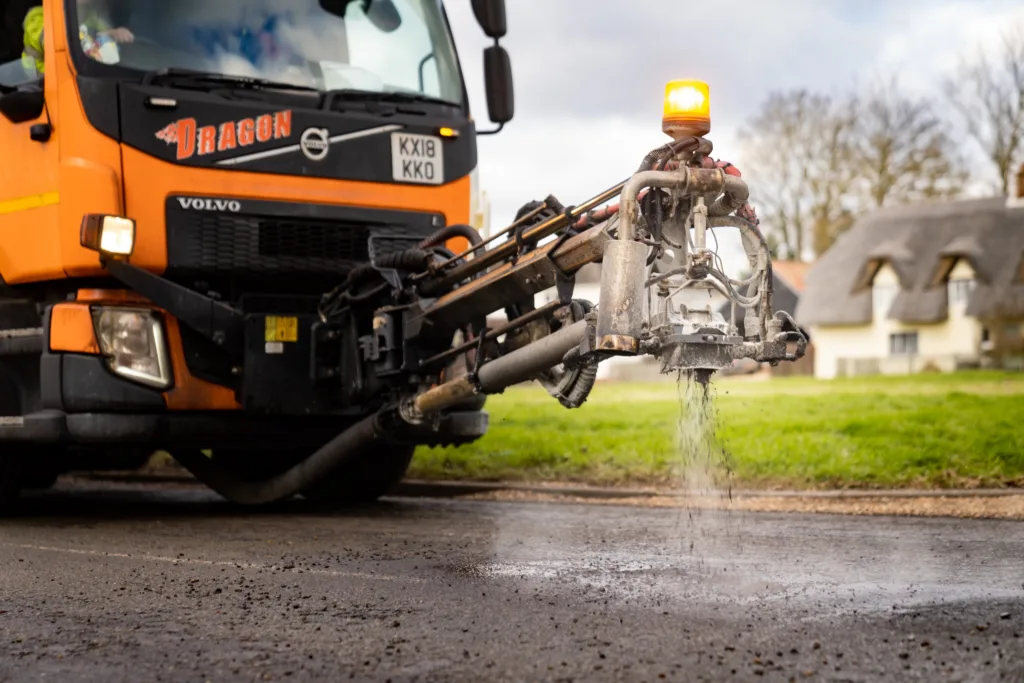
“During that cold spell, road temperatures reached –9C, one of the lowest temperatures ever seen in Cambridgeshire, then it rains and together the freeze thaw cycle can lead to poor road conditions,” is how it was described by a council spokesperson.
Cllr Beckett concedes that “we are seeing large defects on our roads which is being compounded by the impact of climate change and extreme weather – particularly in the Fens”.
This week he went out with highways workers to see how the war against potholes is being fought.
Cllr Beckett went out with two different crews – “traditional and dragon patcher. Two very different processes but both equally important.
“Lots of learning about friction spots and how we can be more efficient”.
First, he met the traditional crew.
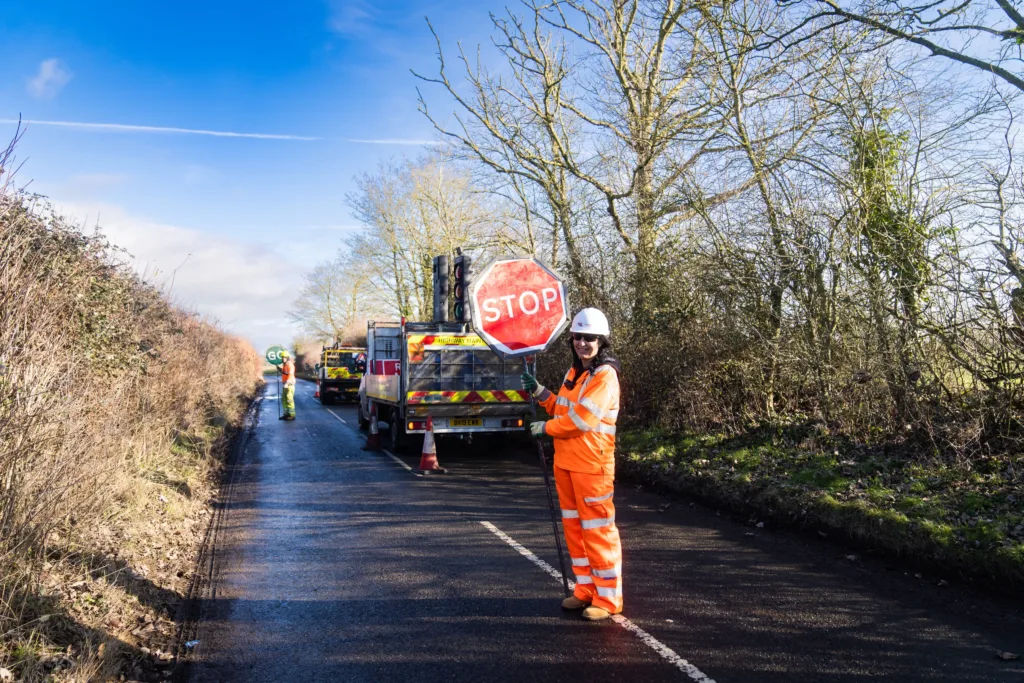
“You’ll see these around the county working on our roads, cycleways and urban environments,” he said.
“They’ll put up traffic management to make the site safe, then cut out and fill in the hole by hand. Usually teams of 2 fixing/filling +2 traffic management.
“The second method is one of our Dragon Patchers. Here the fix is done entirely by machine, first cleaning out the hole, then filling with stones/binder and finally rolling it all flat.
“Due to safety this can usually be done with no traffic management and only 1 or 2 people.
“They work mostly in our more rural areas.”
Cllr Beckett, in a thread posted to Twitter, evaluated the advantages and disadvantages of both.
“Dragon patches can look rougher and take a few days to bed in,” he said.

“Why use them? Well, they can do about 5x the amount of work in a day and need far fewer operatives.
“Of our non-temporary pothole repairs we have about a 2% failure rate across the year. “While fairly low, due to the sheer numbers we fill and the weather at this time of year it can be very visible on the ground.
“The majority of our funding is actually spent on preventative maintenance though.”
Cllr Beckett said: “We have an extensive asset based approach working in the warmer months to extend the life of our roads and prevent potholes. Last year we surface treated 345,000 m2 of road & 205,000m2 of footway.”
He added: “Like painting the Forth Bridge it’s a never ending process.
“Historical under investment has left our roads in a difficult position but our crews do a great job in often challenging circumstances.
“We can always be better though and we’re always exploring ways to be more efficient.”
Cllr Neil Shailer, his vice-chair, said: “In the past, we have spent millions of pounds repairing these roads.
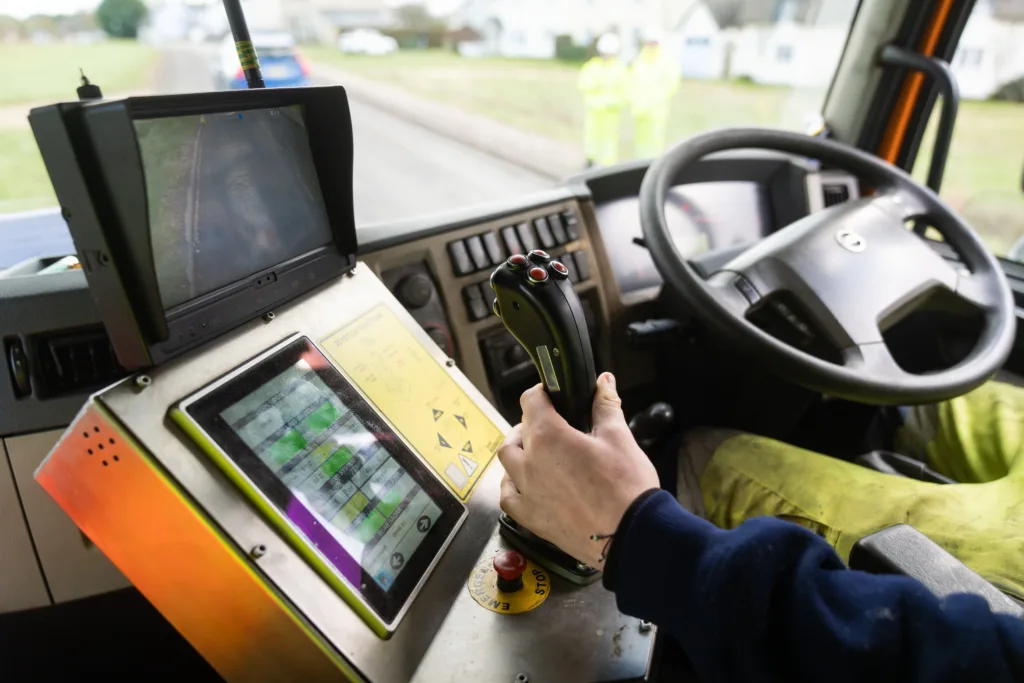
“However, we are seeing that those roads are deteriorating a lot quicker than we would have expected.
“We are looking at locations across the county, such as Forty Foot, B1040, B1050 Shelford Road and many other roads to get an idea of the size of the problem and this work is being prioritised to be presented to the committee in March.”
https://twitter.com/alexbeckett/status/1620822607225585664
Cllr Shailer said: “Many of the soil affected roads would require major reconstruction which is likely to be a significant cost to the council and may only last up to five years.
“We are looking at innovative solutions and preparing for what we can do in the meantime, whilst making sure the roads are safe for the public.
“ As part of this work, we are looking at both engineering and funding solutions, as well as working with neighbouring authorities about this regional issue, such as Norfolk, Peterborough and Suffolk, and the Department for Transport.”
The council says another issue is that many of the fen roads are on embankments so during the winter when it’s wet the soil pushes outwards – this leads to the road edges going with the soil hence the cracks and falling away on the road edges.
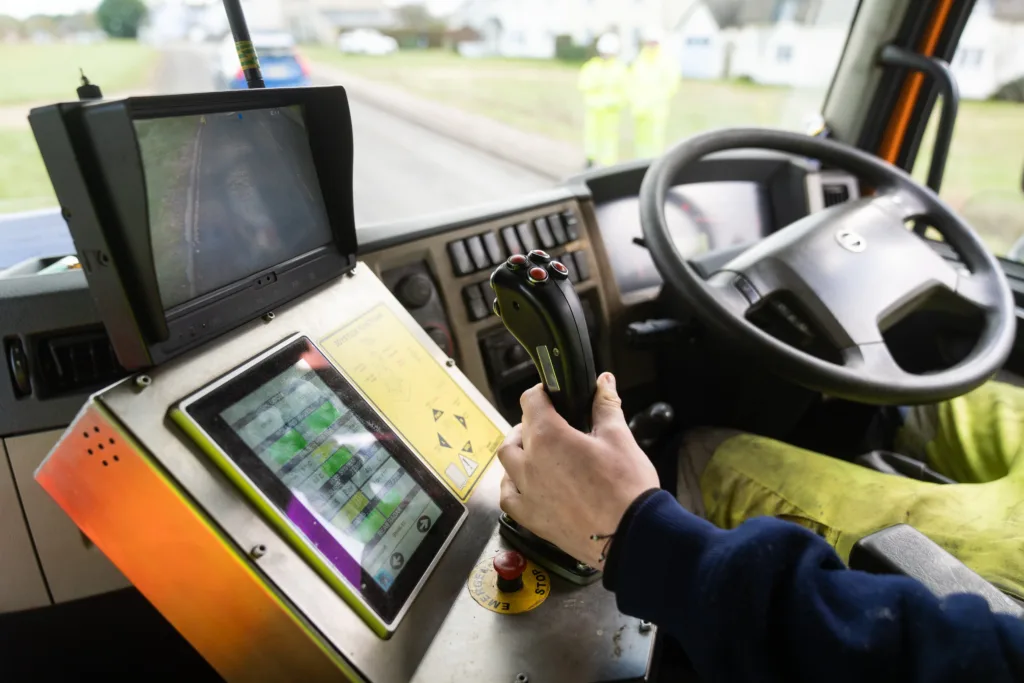
When the soil dries out in the summer and the soil cracks the road edges crack as well.
The council says that over the years, measures have been carried out to help the road flex more and prevent the cracking.
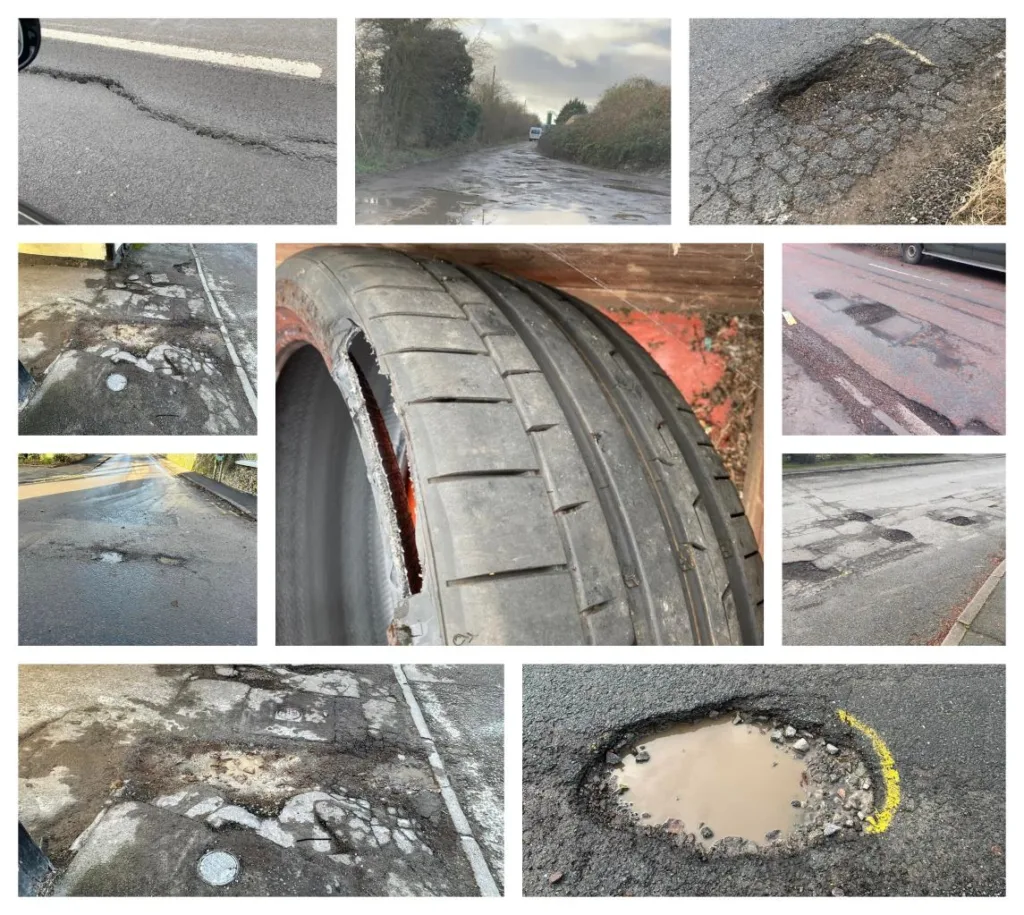
“However, what we are seeing now is a combination of bad winters with more intense rainfall and drier and hotter summers,” said the council spokesperson.
Opposition leader Steve Count will propose changes to the council’s spending plans when this year’s budget is put forward for approval next week.
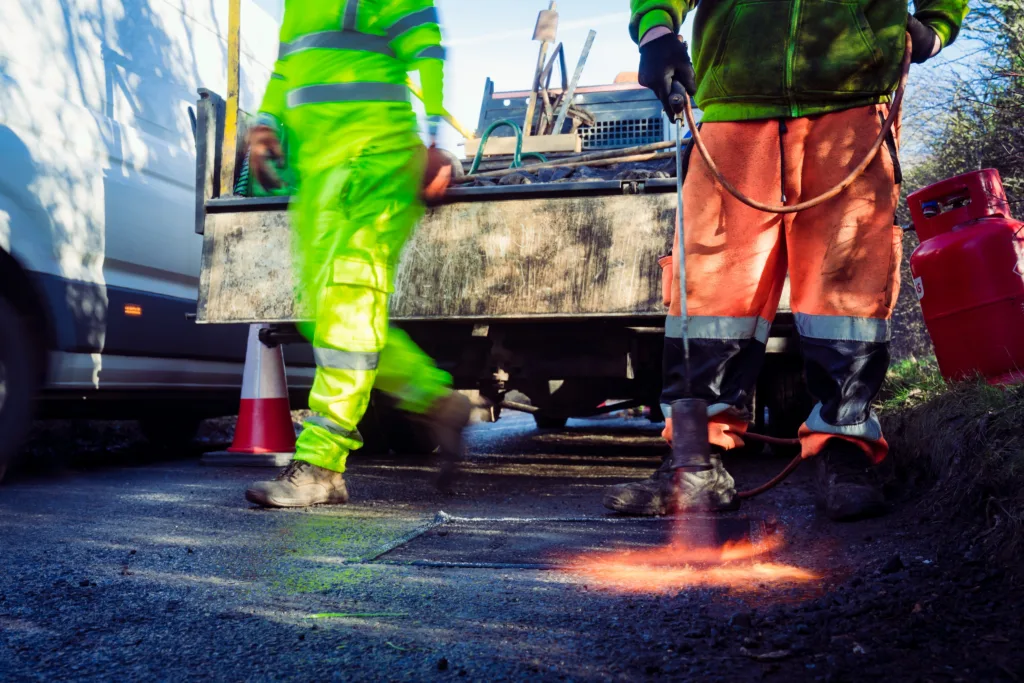
“The Liberal Democrats, propped up by Labour and the Independents run the county council, where their proposed cuts to services, their war on drivers and their ‘Tax to the Max Tax’ proposal, should be stopped,” he says.
Cllr Count says he will seek to reverse cuts to winter gritting, a proposal to stop all weedkilling on county highways, and other cuts that he says will affect mental health support, family safeguarding and support for special educational needs.
He wants to put £5m into highways maintenance, £2.5m into a flood defence matched funding pot, creating a £7.5m pool to draw on. And £1.25m into communities “ with the cultivate fund”.
Cllr Count added: “This can be achieved at a lower tax than proposed, mainly by redeploying unfettered reserves.”















